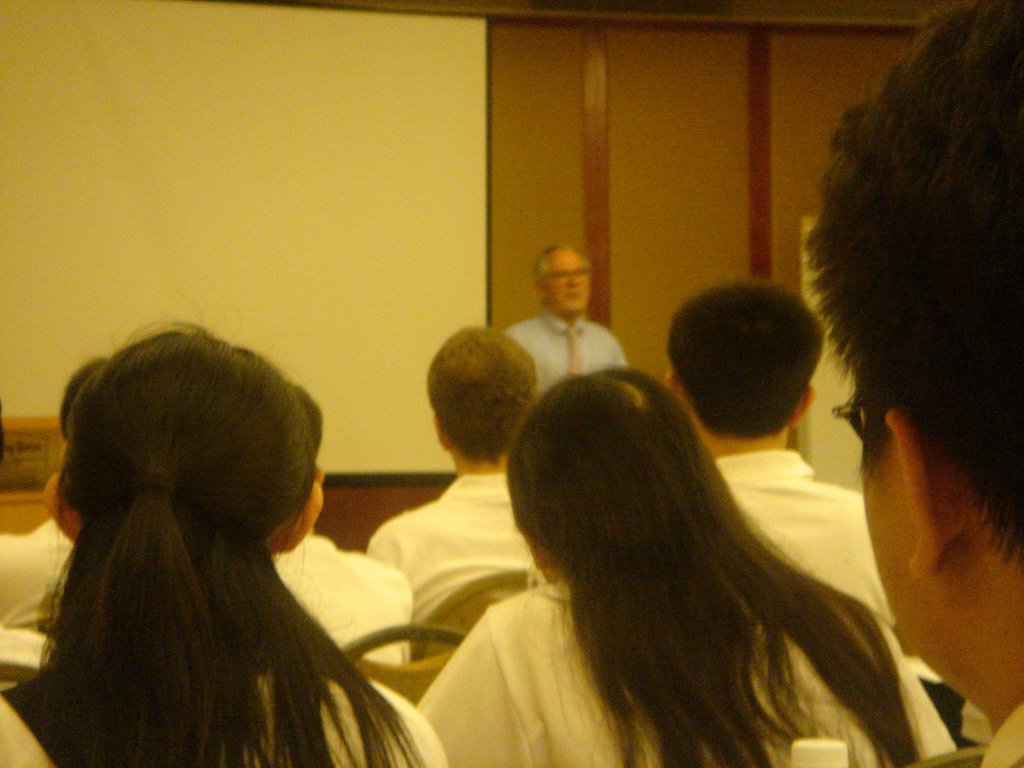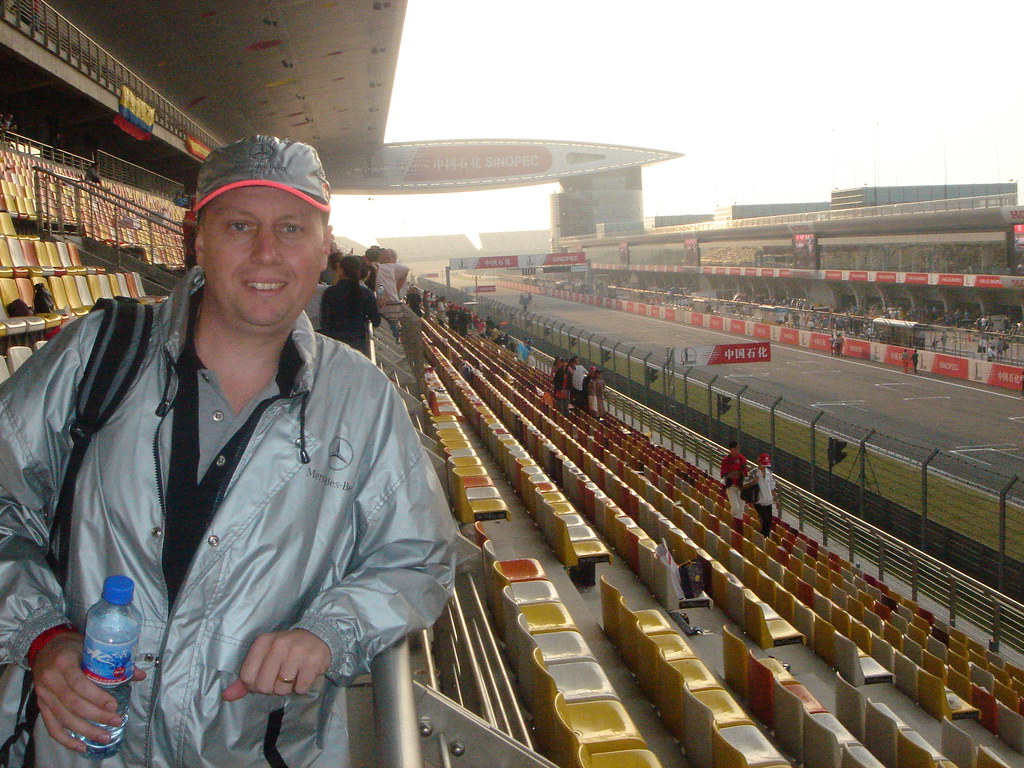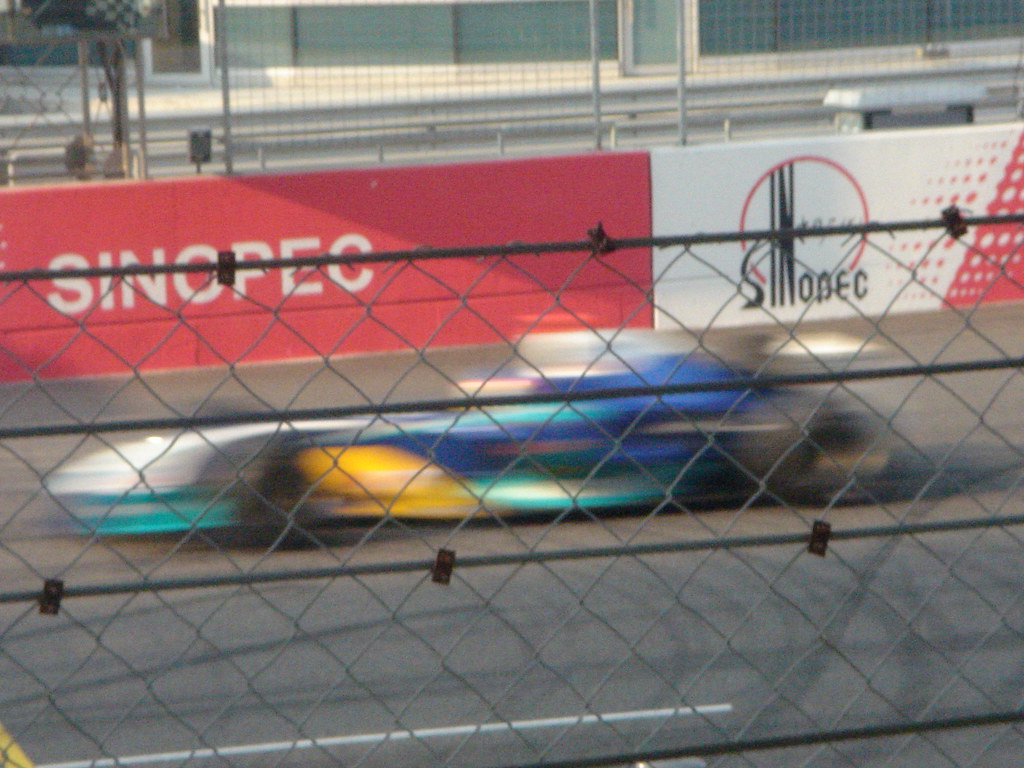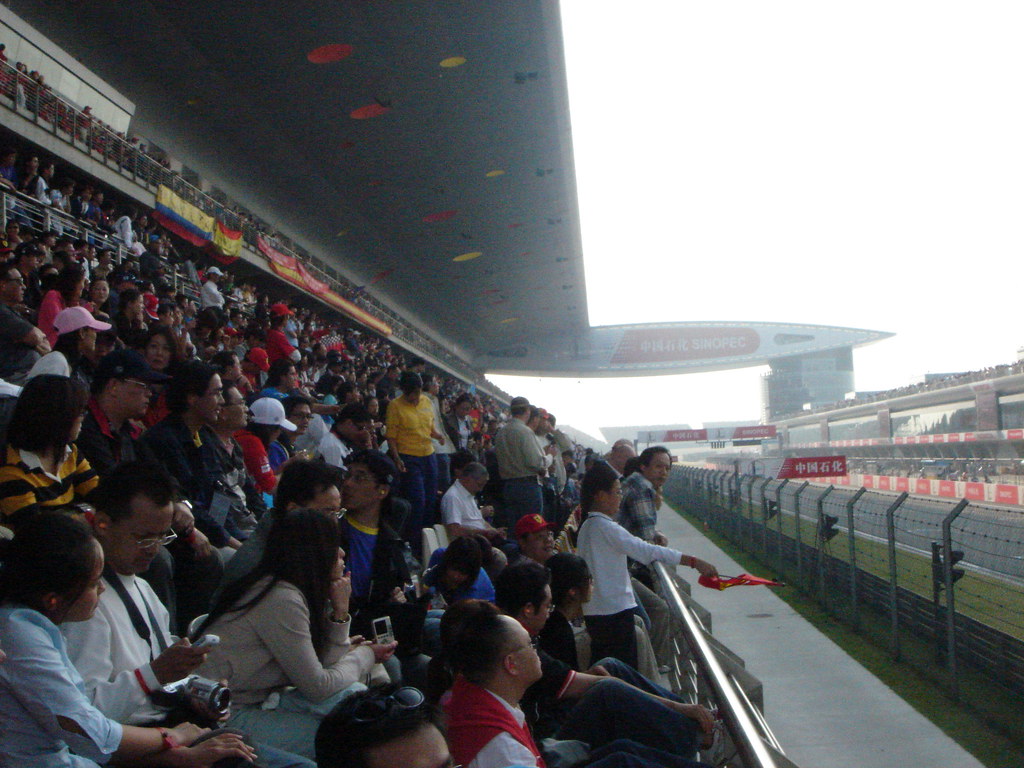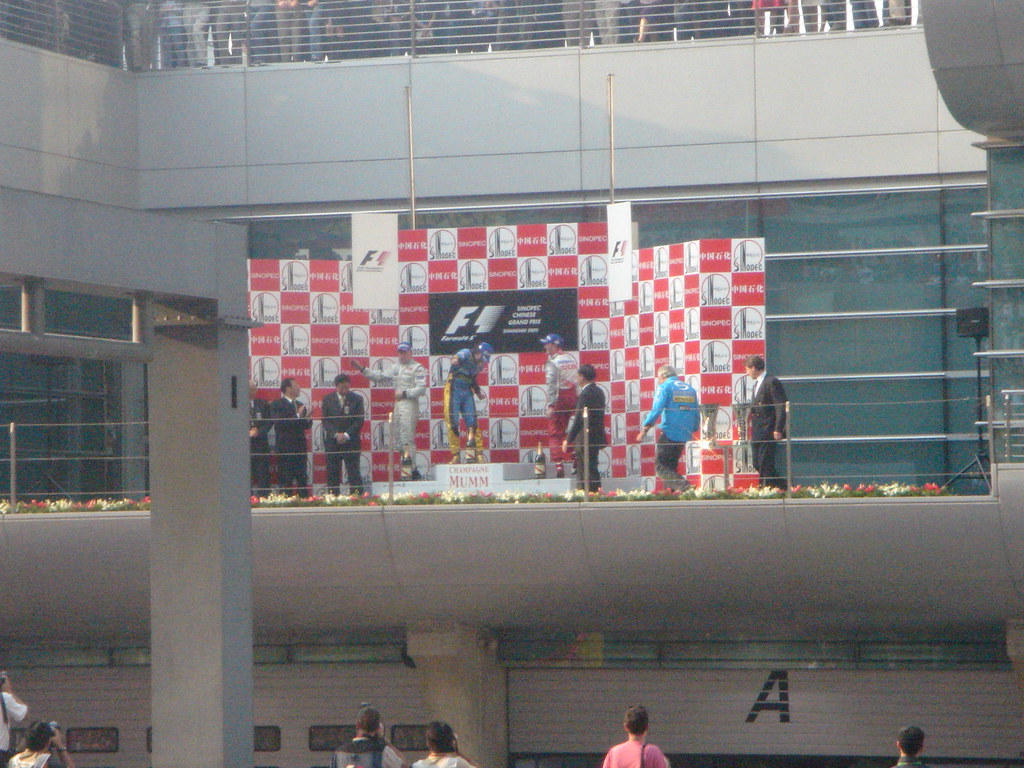This morning I visited the Foxconn plant in Kunshan (Jiangsu province). This was a very interesting visit for me, as the plant is one of the biggest labour-intensive plants that I have visited in China. In total the Kunshan plant has a workforce of 38,000 people, which would be the equivalent of a small town in Holland. I went to the plant on a ‘educational trip’ with a group of China Bay clients, so we hired a small bus to drive there. Too bad that the bus also included a tour guide, who kept on talking. Problem is that most of his information was either stereotypes or was even completely wrong, and that got really on my nerves. The misinformation ranged from the Maglev train going 580 km/h (wrong, I think about 430 km/h), the former sign at the Huangpu park ‘not allowed for dogs and Chinese’ (this seems to be an urban legend, although Chinese indeed were not allowed in), to this one: “The difference between Shanghai and Beijing is that in Beijing all lights are turned off after 7 PM and it is completely dark’. Well, the tour guide was a proud Shanghainese, so I expected a little looking down on Beijing, but this just went too far. However, with the clients around I did not want to start arguing with the guide, so I just tried to block out his talk.
Foxconn is an amazing company, they have increased their revenues in 10 years from around 2 billion to 20 billion, and keep on growing between 30-60% per year. They spent huge amounts on innovation and R&D to keep ahead of the competition, and that seems to pay off. The total workforce worldwide is nearing 200,000 people. We asked the management how long the growth can continue like this. The answer: only the sky is the limit! In the plant we visited the production of cables (mostly automated) and then the assembly from the cables to connectors. The assembly is all done manually. Imagine a hall the size of a gymnasium full of long tables and chairs filled with 18-20 year old girls who connect cables for 8 hours a day (in 2-3 shifts). They are extremely well organized, with the color of the uniform showing the level and experience of the girls (there were also a few boys but not many – when we asked we were told girls had smaller fingers, so could perform better). Everyone has a description of her/his work hanging in front of the workspace to avoid mistakes.
Later we were also shown the assembly of notebooks (all the big brands), from the injection moulding, painting to the final assembly (also manually). The logistics involved in this are quite something. I forgot how many notebooks they produce, but it must be one every few seconds. We were shown around by the division head, a very friendly and talkative American Taiwanese. He answered every question we had, and seemed to know all the details by heart. When we left it was lunchtime, and large groups of employees walked in an orderly fashion to the cafeteria. They must have been drilled pretty good, because there was no pushing or screaming as is usual on Chinese streets. Actually, now I come to think of it, I wonder whether they were even talking to each other (must be, but it seemed all very quiet). In the factory itself the girls had to concentrate on their work and did not communicate with the others. Only the supervisors occasionally said something. Even though their jobs may seem pretty harsh and boring, most of them looked quite happy. Or maybe that was because a group of foreigners in dark suits was observing them?



